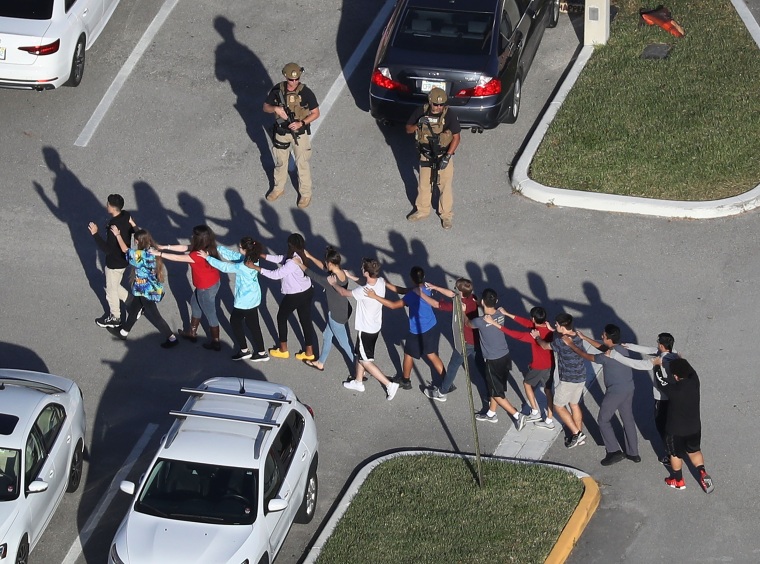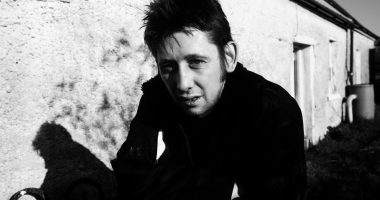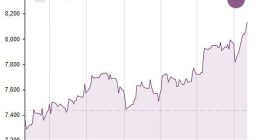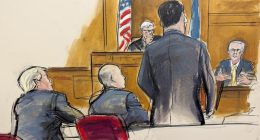A jury reached its decision Thursday in the penalty trial of Nikolas Cruz, who gunned down 17 people at Marjory Stoneman Douglas High School in Parkland, Florida, in 2018.
The trial was to decide whether to sentence Cruz to life in prison or the death penalty.
The decision by the 12-person jury was determined about three months after opening statements began July 18 and after the jury received deliberation instructions Wednesday. It will be announced at 10:30 a.m.
Prosecutors want the death penalty, while the defense wanted life in prison. The jury has to reach a unanimous decision for the death sentence.
Cruz, then 19, had stormed the high school on Valentine’s Day wielding an AR-15-style rifle and releasing a spray of bullets. He pleaded guilty last October to murdering 14 students and three staff members in the Feb. 14, 2018, massacre.

During closing arguments Tuesday, defense counsel Melisa McNeill told the jury before they started deliberations: “One day I promise you, you will ask yourself, did I make the right decision? You will never forget voting for life.”
Lead prosecutor Mike Satz concluded the state’s closing arguments by emotionally reading each victim’s name saying, “The appropriate sentence for Nikolas Cruz is the death penalty.”
The lengthy trial saw prosecutors call witnesses who recalled seeing students and staff members die and argue that the gunman had displayed racist and misogynistic behavior online prior to the massacre. Violent writings and drawings were found in his jail cell in the spring.
Meanwhile, the defense argued that his birth mother’s alcohol abuse during her pregnancy led to his erratic and violent behavior.
In a rare move, jurors in August visited the site of the massacre, where nothing had been changed from that deadly day more than four years ago, except for the removal of the victims’ bodies and some personal items. They walked past dried Valentine’s Day rose petals scattered on classroom floors, large pools of dried blood and bullet-ridden walls.
In the trial, forensic psychiatrist Dr. Charles Scott testified for the state that the gunman meets the criteria for a diagnosis of antisocial personality disorder, meaning he showed no regard for right and wrong, and there was evidence showing he knew what he was doing.
“So, it’s not that he didn’t know or understand that. He did,” Scott said, NBC Miami reported. “It’s just that [people] with a social personality disorder, they don’t care.”
In Scott’s chilling testimony Oct. 4, he spoke of his jailhouse interview with Cruz, who told him he ended the shooting because, “I didn’t have anyone else to kill.”
The trial also saw tension between the defense and Circuit Judge Elizabeth Scherer in which the gunman’s attorneys filed a motion for her to step down, accusing her of being biased, but she refused.
The motion came after Scherer rebuked lead defense attorney Melisa McNeill and her team outside of the jury’s presence, accusing them of being “unprofessional” when they unexpectedly rested their case after only about 25 of the 80 witnesses they initially intended to testify had been called.
Source: | This article originally belongs to Nbcnews.com









